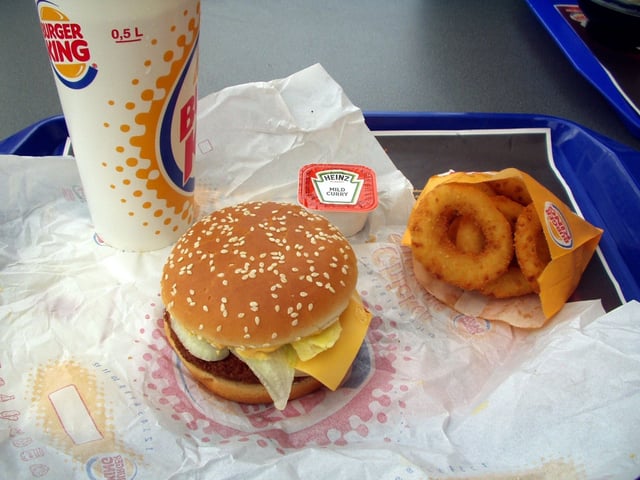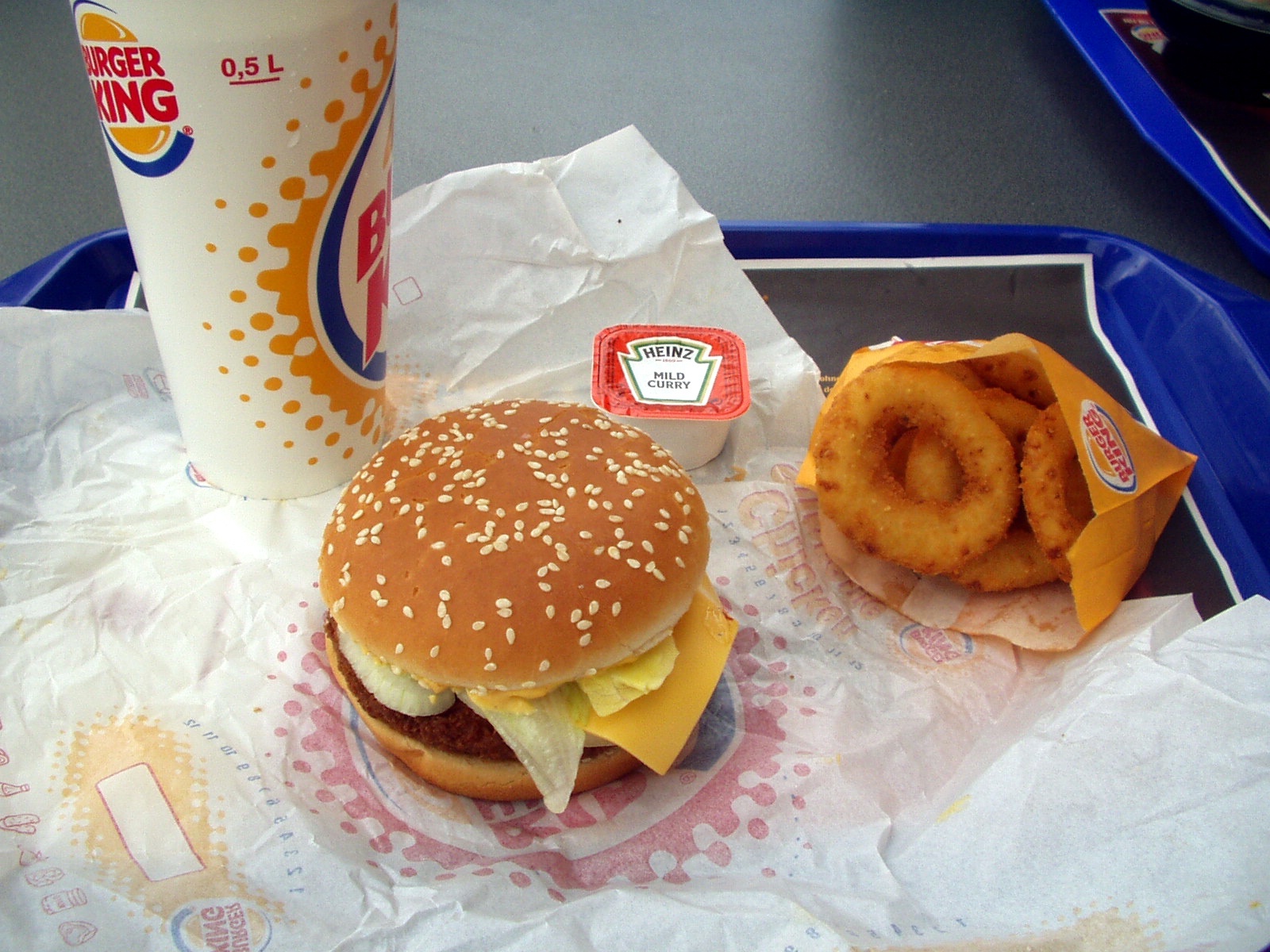Wendy’s joined Burger King and Taco Bell when it began testing a veggie burger in 25 locations early this year, and the response to new vegetarian options has been overwhelmingly favorable. Though vegetarians only account for 3.2% of the nation (7.3 million), over one-quarter of Americans report they reduced their meat consumption over the last year, whether for ethical or financial reasons.
“There seems to be a macro movement towards [vegetarian offerings], so I don’t think it’s even just fast food or fast casual but dining in general,” observed a spokesperson for the vegan fast casual chain Veggie Grill. This trend is increasingly visible in fast food with one notable exception, McDonald’s.
Ringing the Vegetarian Bell
As often seems to be the case, Taco Bell is ahead of the game on this one. Last October, they became the first chain to have a dedicated vegetarian menu certified by the American Vegetarian Association; it is guaranteed to neither contain nor come into contact with meat at any stage of preparation. Even before the certification, they were known already as a refuge for vegetarian fast food seekers, selling over 350 million vegetarian items each year, and this has only strengthened that reputation.
“We get it—being a vegetarian can be tough when you go out to eat. We’re proud to treat meat lovers and vegetarians equally—equally delicious, equally craveable and equally affordable.” said Taco Bell president Brian Niccol.
The move has been widely praised (one headline: Here’s Why Taco Bell is the Best Fast Food Chain for Vegetarians) and PETA has even released a guide for converting vegetarian offerings to vegan through substitutions.
Are You Loving It?
McDonald’s has yet to join the party. Though a widely covered 2014 change.org petition pressured McDonald’s to offer “healthy, meatless options,” the golden arches did not budge: currently, their FAQ page reads, “No, we don’t currently sell veggie burgers…We have many customizable menu items…although, these aren’t certified vegetarian.”
Why the opposition to a McVeggie? Quite simply, McDonald’s doesn’t believe people will order them. They tested a veggie burger in the early 2000s but never expanded it. More than a decade later, beef prices are up and the company is facing pressure to move to fresh patties. They would love a high margin item like veggie burgers to drum up business and word of mouth. They just do not trust that it will.
Vetoing the Veto Vote
Yet maybe it isn’t just about how much a veggie burger sells, but what it allows others to buy. According to one food industry researcher, having a vegetarian option removes the ‘veto vote’ whereby a group of friends nixes a dining option because it cannot accommodate the dietary restrictions of one or two members: “If options like a veggie burger exists, it…gives everyone in the party a chance to order what they want.”
That could explain why Burger King, the first major chain to offer a Veggie Burger all the way back in 2003, has kept the item on the menu despite its lack of national traction. Yet, interestingly, the King is considering upping the ante by switching from their current Morningstar Farms frozen patties (available in every frozen food section) to several of the fresher, house-made options they currently offer in India.

A Meatless Future?
For every statistic telling us Americans are reducing or entirely cutting out meat—national meat and poultry consumption has dropped more than 9% since 2007; twitter mentions of the word “vegan” are up 125% this year—we find contradicting ones telling us that vegetarianism is a temporary stop for as many as 84% of practitioners.
With industrial agriculture becoming more expensive and less sustainable, people are exploring all their options, and restaurants, for the most part, seem happy to accommodate.


